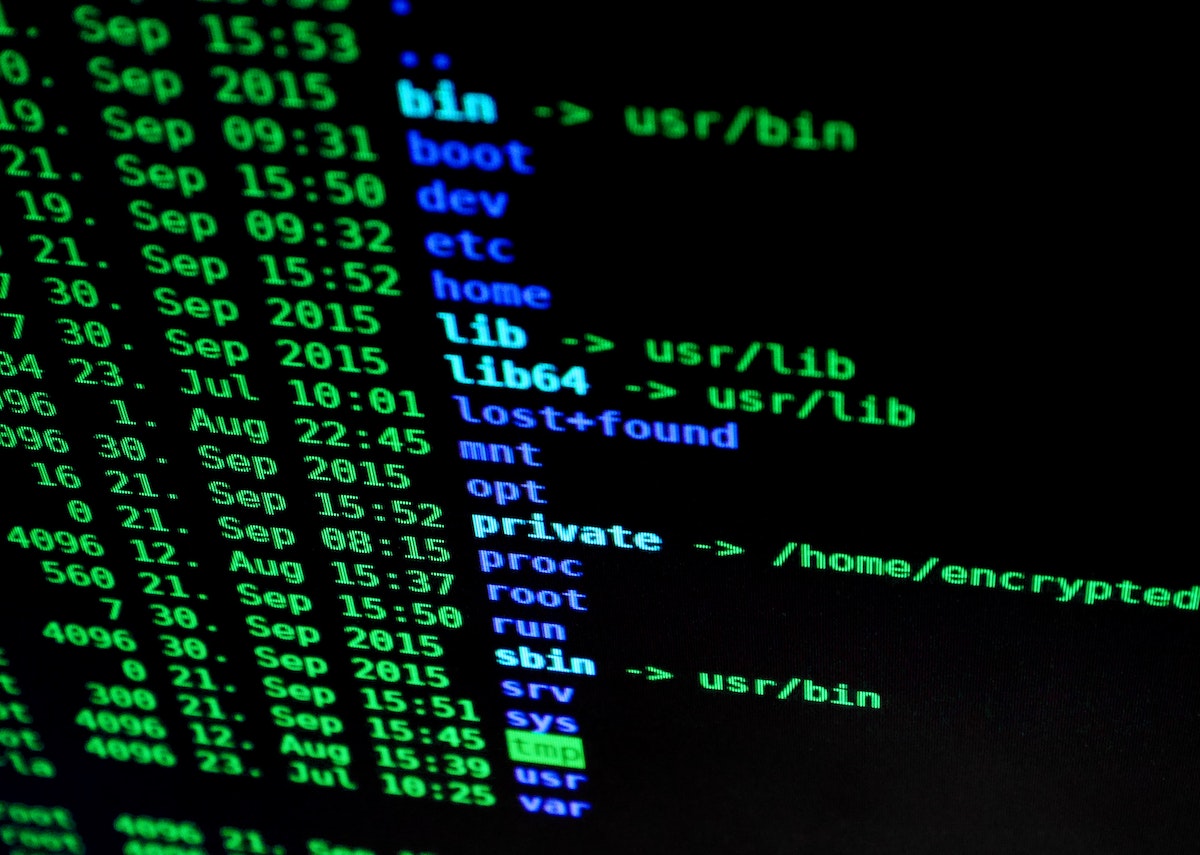How Does A Firewall Work?
Share

In architecture and engineering, fire-prone areas are separated through walls and bulky doors. If a fire happens, firewalls would keep it from spreading and would curb the damage that may happen due to the event.
When it comes to computers, a firewall means a software program or hardware component separating different network areas. The product has a unique set of rules, plus it can redirect or block incoming/outgoing traffic.
The firewall in your computer will usually enable outgoing connection, plus it will block every request coming from somewhere else. Anybody who wants to utilize P2P software such as a server or file-sharing program on their device will have to turn off the firewall or change its rules manually.
How A Network Firewall Differs From A Host-Based Firewall
A router is the most prevalent form of residential firewall. It is one of the network firewall examples that tends to be a dedicated hardware component connected to a PC. Is the firewall that you use just a software program? If so, you could describe it with the phrase ‘host-based’.
It is possible to configure the router firewall in a way that blocks outgoing traffic if the objective is isolating a network device. It is also useable to isolate residential network-connected devices and then determine which devices should be accessible from which hardware ports.
In the case of being connected to an accurately configured virtual private network, a firewall would protect your data. The VPN configuration and provider will determine whether to allow a few incoming connections on certain ports or local networks.
Firewalls, Ports, And Protocols
A firewall filters traffic on the basis of rules. The traffic direction, protocol applied, and the port number are the most significant rules.
Ports allow identifying the software network interface. Multiple services may be running on one server at once, and port numbers identify those. While any software program can usually claim any given port for the program, certain conventions limit the above. Usually, an HTTP connection is available to users on TCP port 8080/80, an HTTPS one on TCP port 443, whereas SSH on TCP port 22.
While a software program can claim more than one port, only a single service can claim every single port. Configuring the network protection program in a way that blocks port 22, makes connecting to the SSHD (SSH daemon) not possible. On the other hand, blocking every port save 443 means just HTTPS connections can be served.
TCP and UDP protocols determine how one software program communicates with another. When it comes to an OpenVPN application, it is possible to make a connection over TCP or UDP. The latter protocol allows quicker connections, whereas TCP connections offer more reliability. Limiting the form of protocols allowed over an internet port enables a firewall to further aid in keeping intruders from accessing a network.
Traffic Sources
It is also possible to configure firewalls in a way that accepts traffic from just a few destinations, as determined by domain names or IP addresses. These programs can also limit outgoing traffic thus.
This can aid in setting blocklists for software programs like to limit organizational resources to some users or bar the source of DDoS attacks and spam. Censorship is possibly a different use of that feature.
Today’s firewalls do something more and try to single out the form of application that makes the connection, like SSH or HTTPS. While that can help to stop abuse, identifying traffic properly is not easy. For example, OpenVPN traffic can masquerade as one that comes from an HTTPS source, and misidentifications are likely to break programs or make the firewall unusable.
Firewalls To Isolate And Keep Things Safe
A firewall’s purpose is to keep anyone from accessing networks, applications, and servers without permission. While every single program will ideally have its own solid authentication scheme, a firewall simplifies limiting who gets to make connection tries.
Firewalls offer a strong way of locking out intruders, which can not only cause your network to be more secure but also make the resources more available. Anyhow, firewalls are just a part of a comprehensive data security policy, which means these do not offer complete security.




